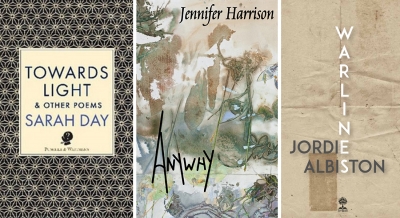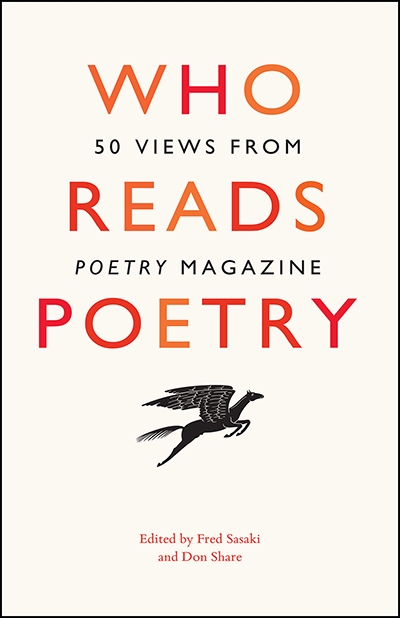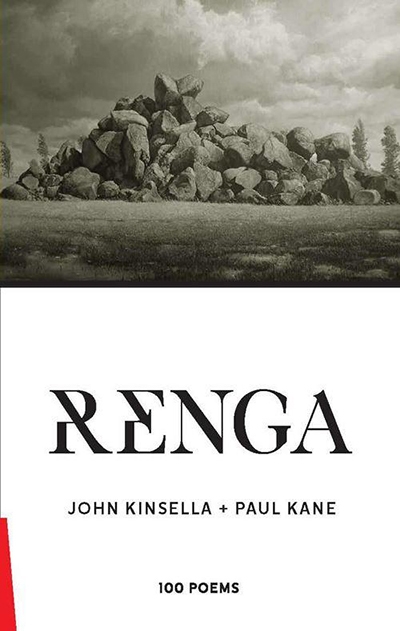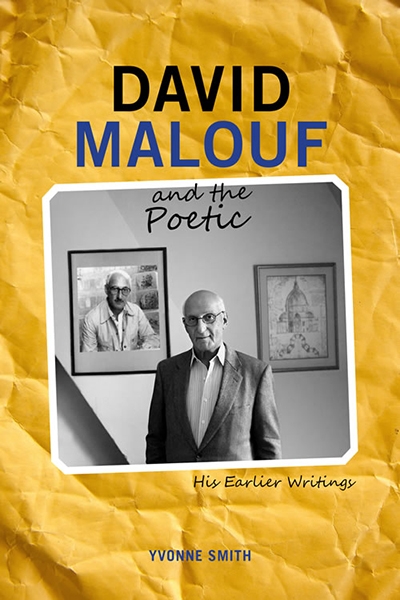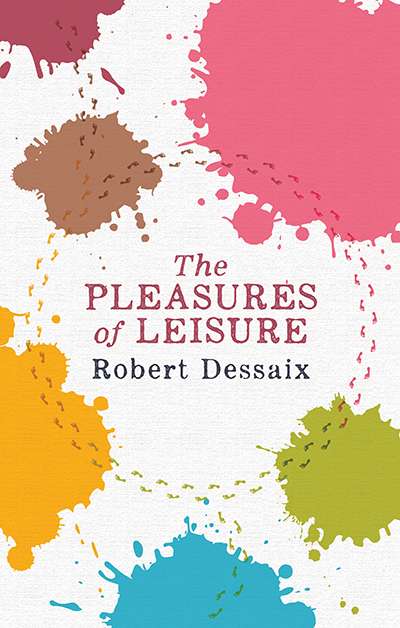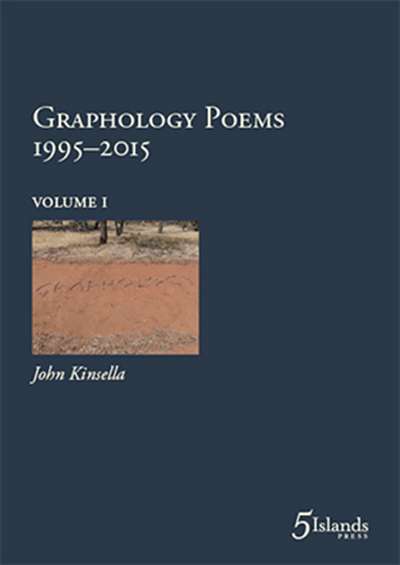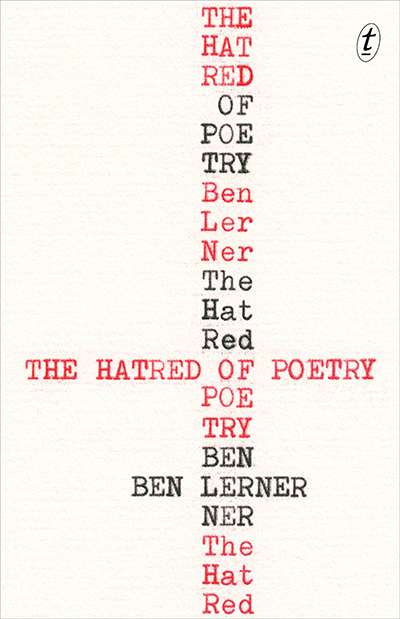David McCooey
David McCooey is a prize-winning poet and critic. His latest collection of poems is Star Struck, published by UWA Publishing (2016). Outside (2011), was shortlisted for the Queensland Literary Awards and was a finalist for the 2012 Melbourne Prize for Literature's 'Best Writing Award'. His first collection, Blister Pack (2005), won the Mary Gilmore Award and was shortlisted for four major national literary awards. McCooey is the deputy general editor of the prize-winning Macquarie PEN Anthology of Australian Literature (2009). His album of 'poetry soundtracks', Outside Broadcast, was released in 2013 as a digital download. He is a professor of literature and writing at Deakin University in Geelong, where he lives. His website is: www.davidmccooey.com
In an age when the news is relentlessly bad, it is tempting to think that we can turn to poetry as either a flight from the pathological politics of our time, or a higher commentary on it. As the poets in this year’s Victorian States of Poetry Anthology show, poetry’s relationship with the news of the day is more complex than that.
Chris Wallace-Crabbe, now in his mid eighties, continues his ... (read more)
So, who reads poetry? American military cadets, that’s who. And medical specialists. Also, songwriters, journalists, and philosophers. And don’t forget (ex-) poets, priests, and politicians (to quote Sting). But let’s get back to those military cadets. What does poetry do for them? Who Reads Poetry gives us a number of possible answers. When Jeffrey Brown, a senior correspondent for PBS’s ... (read more)
Poets aren’t generally known for being great collaborators. Wordsworth and Coleridge’s Lyrical Ballads (1798) is a rare example of a co-authored canonical work of poetry. Renga: 100 poems, by John Kinsella and Paul Kane, has some similarities to Lyrical Ballads. Like those of its Romantic precedent, the poems in Renga are single-authored, the collaboration being project-based rather than an ex ... (read more)
Plenty of novelists begin life as poets. Few, though, have managed to maintain their status as poet–novelists quite so impressively as David Malouf. But even Malouf, in his ‘middle period’, more or less dropped poetry for his ‘big’ novels – The Great World (1990), Remembering Babylon (1993), and The Conversations at Curlow Creek (1996) – before a late return to poetry, kicked off wit ... (read more)
The Last Resort (1986), a photobook by Martin Parr, includes a photograph of a woman sunbaking in the English seaside resort of New Brighton. The woman is lying, facedown and topless, on a concrete ramp, directly in front of the caterpillar tracks of a gigantic excavator. Beside her, a young girl plays with a red plastic bucket. As with so many of Parr’s images, one doesn’t know whether to lau ... (read more)
John Kinsella, who lives mostly in Australia, is a transnational literary powerhouse. Poet, fiction writer, playwright, librettist, critic, academic, collaborator, editor, publisher, activist; his activities and accomplishments are manifold. He is best known as a poet, and the publication of Graphology Poems 1995–2015 – a mammoth (and ongoing) discontinuous series of poems published in three v ... (read more)
Do people hate poetry, as the title of Ben Lerner's terrific book-sized essay implies? In Lerner's account, poetry is associated with hatred and contempt, even by its practitioners, because of the gap between the ideal, imagined poem and the real productions of poets; between 'Poetry' and the embarrassing existence of actual poems. Between these two poles we find poets, and those who, along with P ... (read more)
... (read more)
Melbourne is home to numerous poetic institutions, including Australian Poetry Inc, Collected Works (Australia's best bookshop for poetry), and, of course, Australian Book Review. Among these institutions there are vibrant – if sometimes occult – print, audio-visual, and spoken-word scenes. Regional Victoria is far from eclipsed by the metropolitan centre. The Bellarine Peninsula, for instance ... (read more)


